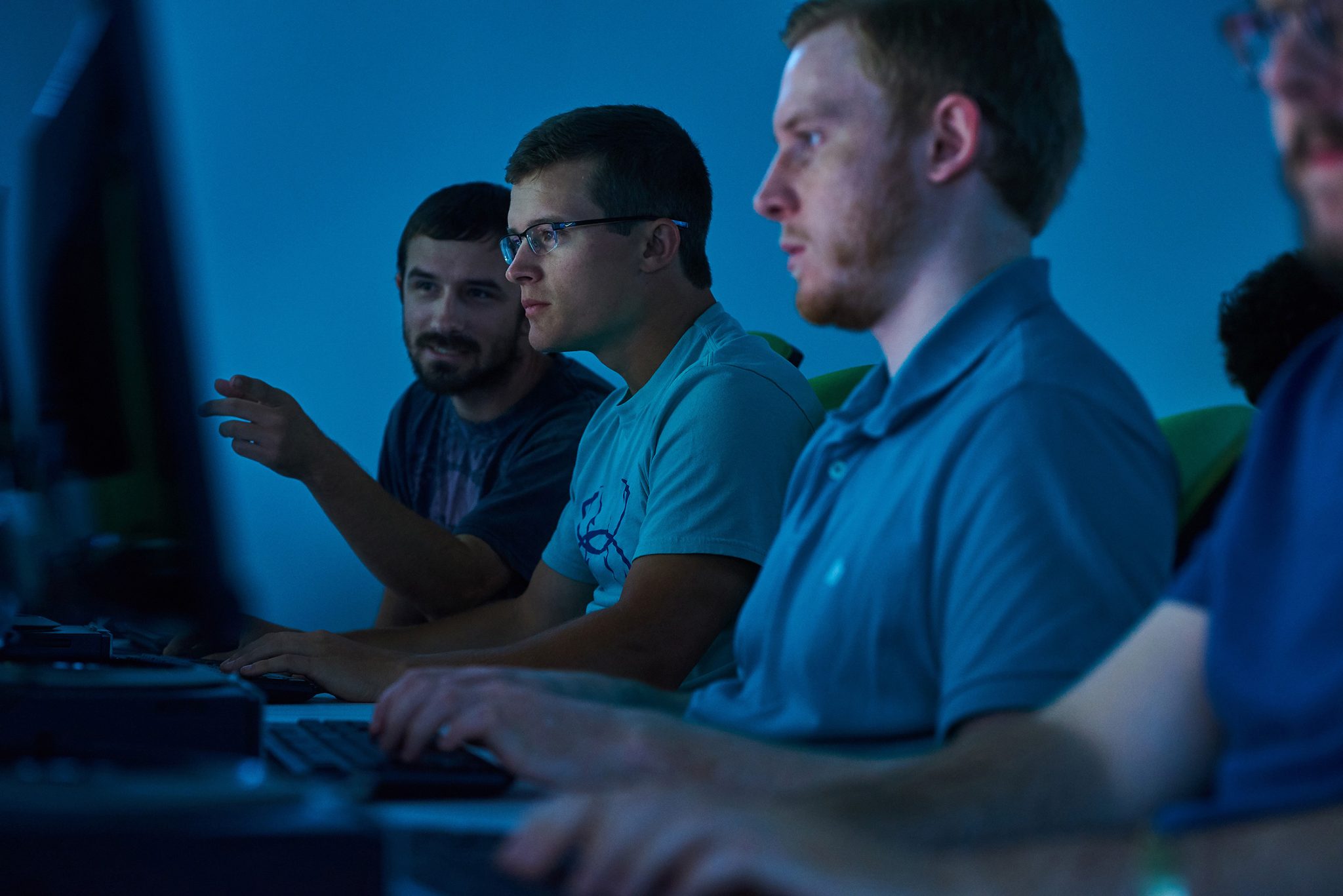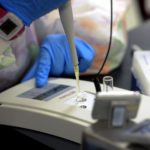UWF holds Florida’s first Hacking 4 Defense course
University of West Florida undergraduate students are working as teams to come up with solutions to problems critical to national security as part of an eight-week pilot course that launched June 18.

University of West Florida undergraduate students are working as teams to come up with solutions to problems critical to national security as part of an eight-week pilot course that launched June 18.
The class, Hacking for Defense, or H4D, originated at Stanford University in 2016. UWF is the first institution in the state of Florida and one of only 12 universities in the country to offer the course.
“The idea was that UWF could be a unique player in this H4D community because of our geographic proximity, but also our connectivity to some of our military partners,” said Dr. Donovan Chau, director of strategy and engagement for the UWF Division of Research and Strategic Innovation.
As part of the course, one student team is working to solve a problem concerning logistical issues at Eglin Air Force Base as it relates to situational awareness and safety at the range. The other team will tackle a potential cybersecurity problem for the U.S. Department of Energy’s Y-12 National Security Complex in Oak Ridge, Tennessee, focusing on how to mitigate insider threats.
“The students will not just learn how to work on a team to solve difficult problems, they have to learn how to communicate with one another, how to present on a regular basis, how to be professional, critical thinking and not only understanding a problem but also offering a solution,” Chau said. “We want them to really experience the process because it’s about the time that each of the student teams put in and the teamwork and process they go through.”
Dr. Dallas Snider, an associate professor in the Department of Information Technology, is the lead instructor for the course. Snider said the students who are enrolled in the course come from a number of fields of study such as business, computer science, information technology and biomedical sciences. Sophomore Gabriel Thompson is part of the team tasked with solving potential cybersecurity problems at the Y-12 National Security Complex.
“I have a deep passion for artificial intelligence and the problems that they present will be solved by those,” Thompson said after listening to a presentation on some of the security issues that face the complex. “I firmly believe after listening to all of this that A.I will play a pivotal role.”
Each team is required to run their own blog that documents their experiences and progress in the course.
A major emphasis of the course is for students to try to go outside of the classroom, if possible, and meet with members of the agencies for which they are trying to solve the problems.
“That’s a huge part in anything is understanding the customer,” Snider said.
For more information about H4D, visit uwf.edu/istar.


